Authorities in the Czech Republic’s Olomouc region declare a state of emergency a month after a train derailment caused what they called the world’s largest benzene contamination of its kind.
Czech officials declared a state of emergency in the vicinity of Hustopeče nad Bečvou in the Přerov region due to the spread of toxic benzene following a train crash on 28 February.
Olomouc Governor Ladislav Okleštěk declared the emergency after the toxic substance had already completely contaminated the nearby lake. He says the order was needed to enable faster remediation of the contaminated soil and water.
"We have unanimously agreed to declare a state of emergency as of 12:00 today in the Olomouc Region," said Okleštěk.
A state of emergency grants special powers to the implementing county’s administration. Local officials are given the right of imposing a work obligation, make decisions on work assistance or enable the provision of material resources to deal with the crisis.
The local county can also immediately carry out construction work and landscaping, or prohibit the entry, stay and movement of people in a defined place or area until the crisis is mitigated.
Czech Environment Minister Petr Hladik said the situation was rapidly deteriorating at the accident site and action urgently needed to be taken within hours. He added that the first benzene-affected water well appeared in the area within hours, stressing the need to immediately tackle the emergency to protect drinking water sources.
Work to extract benzene from water sources is already underway. Professionals have been tasked with digging dozens of remediation pits between railroad tracks and the affected lake. Larsen walls are also being installed, at depths of seven metres to prevent further spread of benzene.
“180 metres of the Larsen Wall is now complete I don't want to speak for the company that is doing it now, so as not to give any misinformation, but I have information that 25 - 30 metres are being built by these guys every day, so they are doing an excellent job,” said Radek Buryánek, Spokesperson of the Olomouc Regional Fire Brigade.
“The Larsen walls certainly help in terms of reducing the concentration of benzene that is pushed through the bedrock into that lake,” he added.
“As far as the next thing is concerned, there will certainly be at least 210 metres of Larsen walls built in that first phase, and there is the possibility that more Larsen walls will be built, and that basically the whole area of the accident should be bypassed by those Larsen walls."
The state of emergency comes a month after a freight train derailed at the entrance of the Hustopeče station, in what authorities suspected was due to high speed.
Most of the 17 carriages immediately caught fire after the accident. Some 350 tonnes of benzene leaked from the tankers carrying 1,020 tonnes, much of it into the groundwater.
The damage expected by the benzene tanker fire is expected to be around CZK 1 billion (€40.1 million), according to Okleštěk. The state of emergency order is valid for one month, through to 27 April.

 2 days ago
5
2 days ago
5
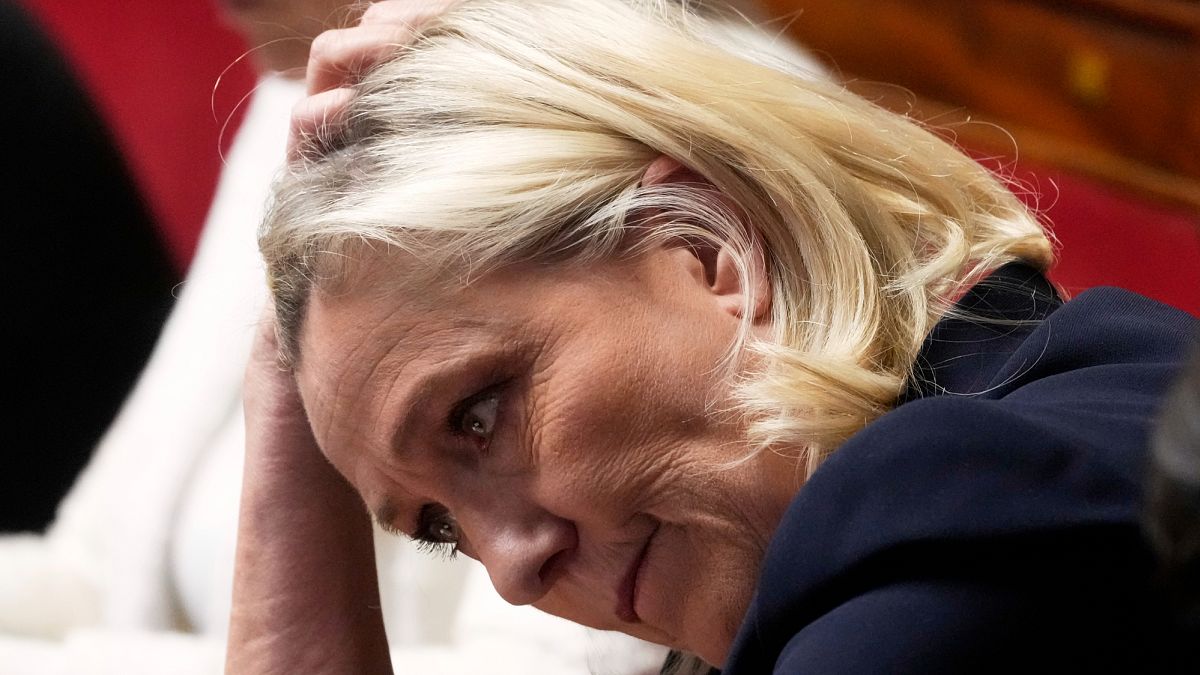
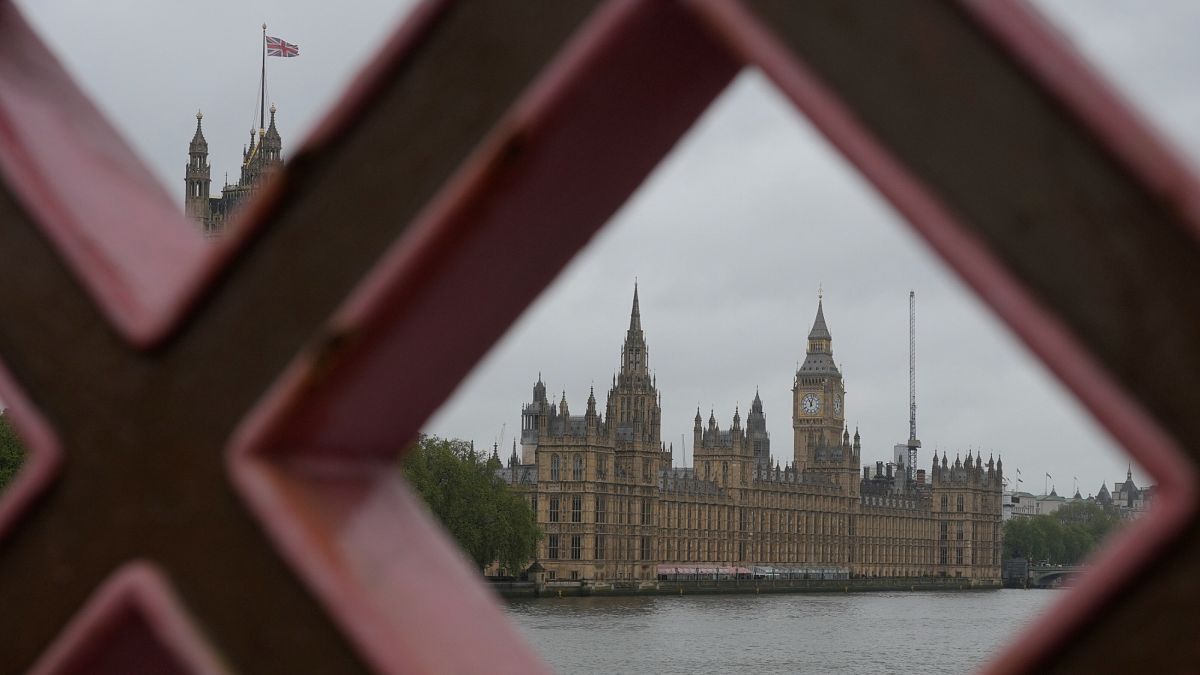
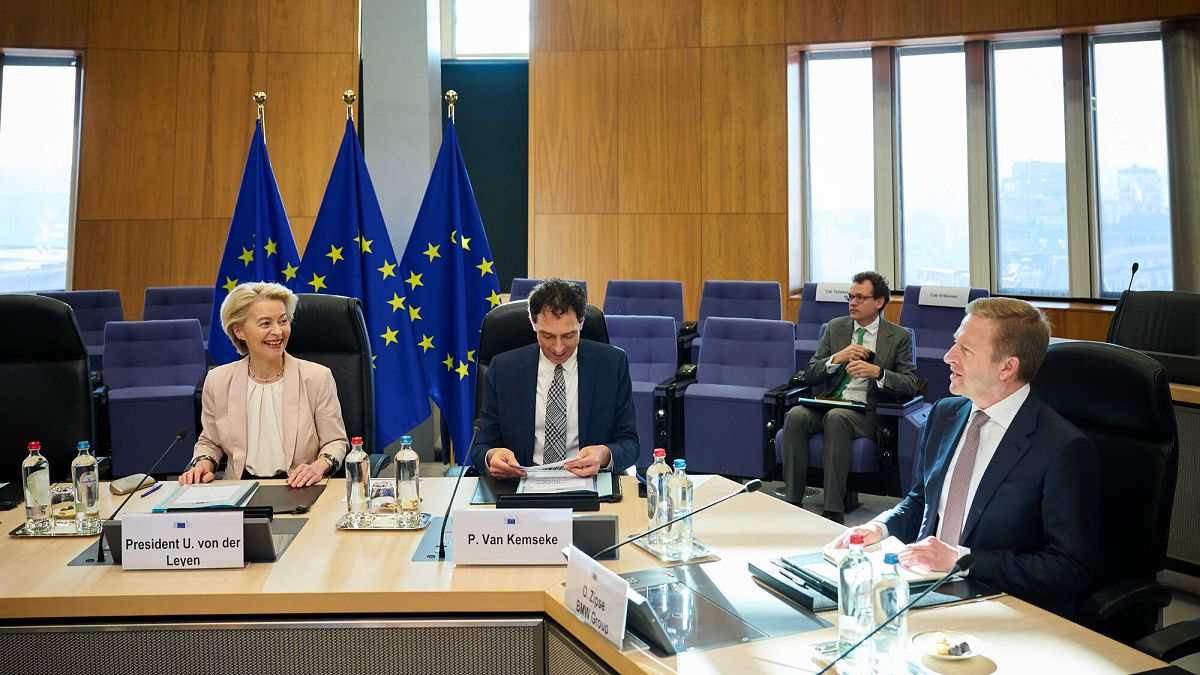
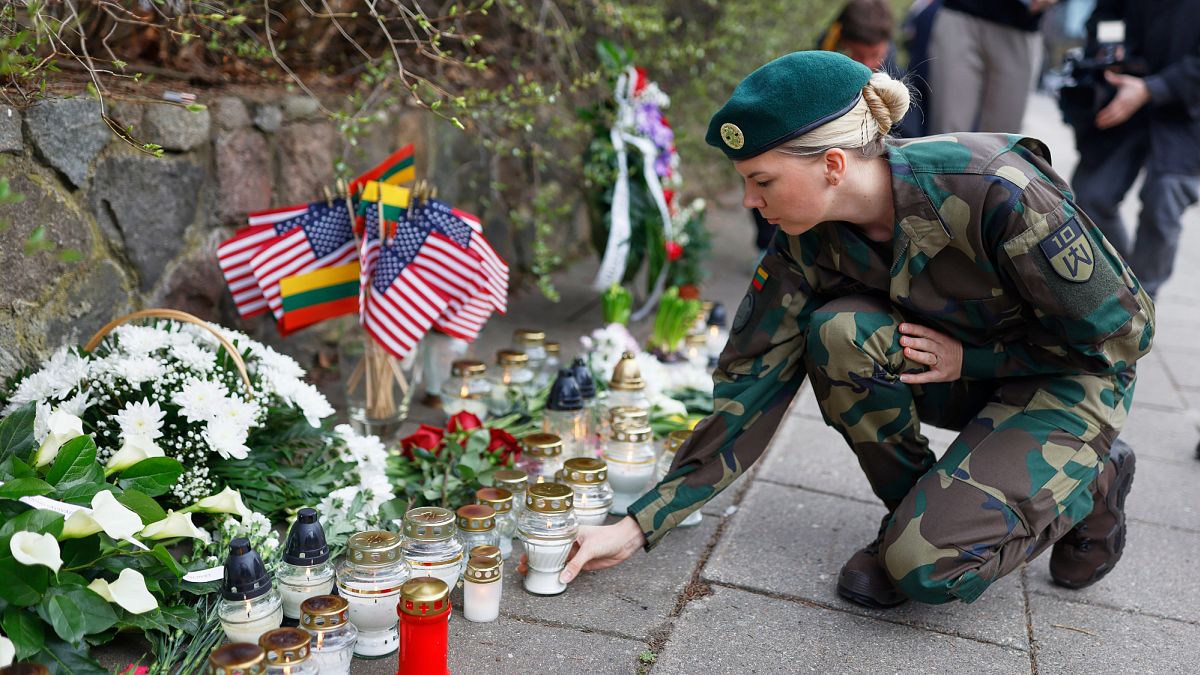
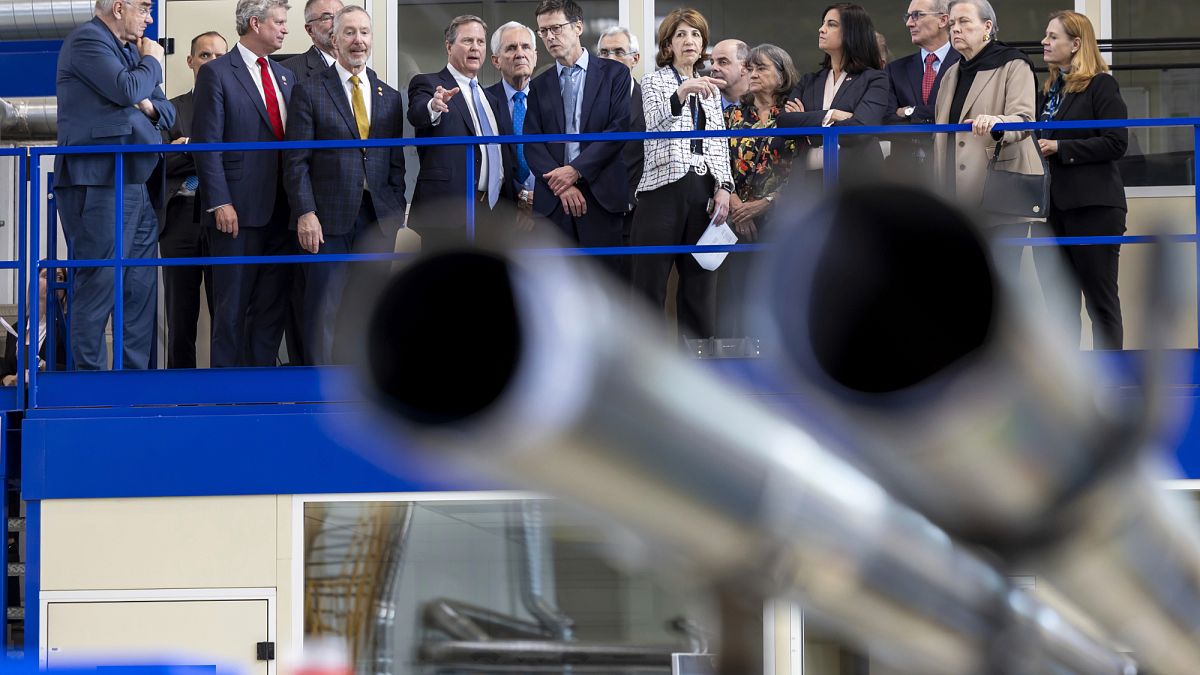

 We deliver critical software at unparalleled value and speed to help your business thrive
We deliver critical software at unparalleled value and speed to help your business thrive






 English (US) ·
English (US) ·